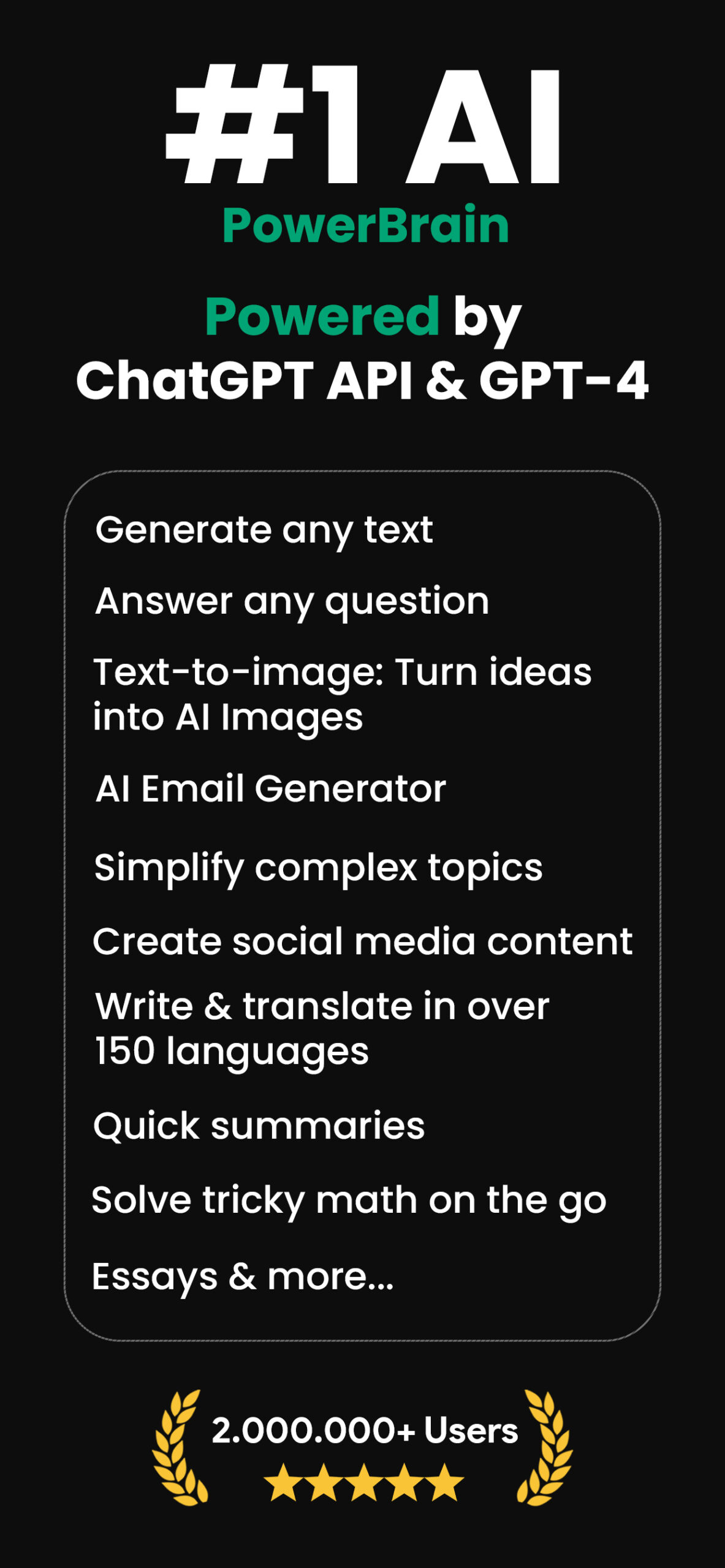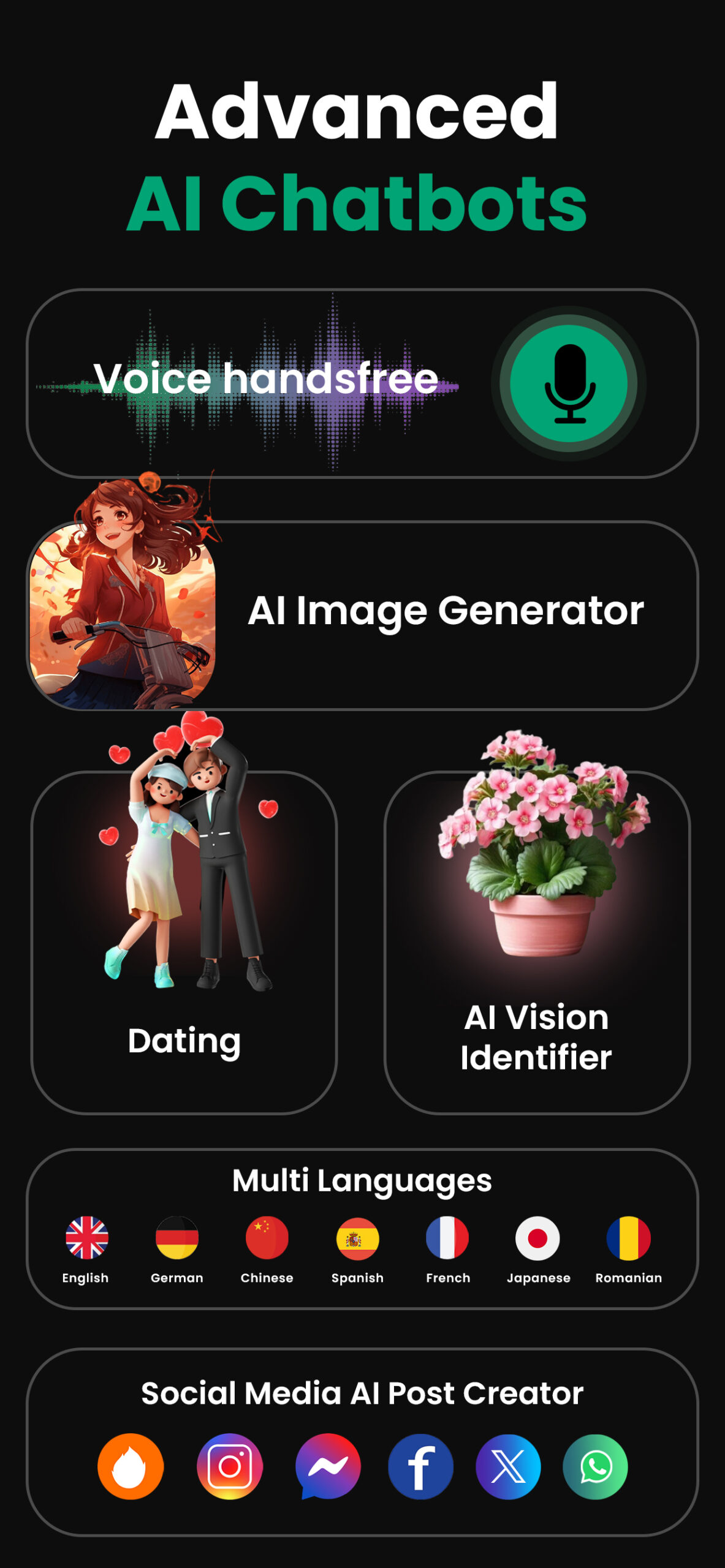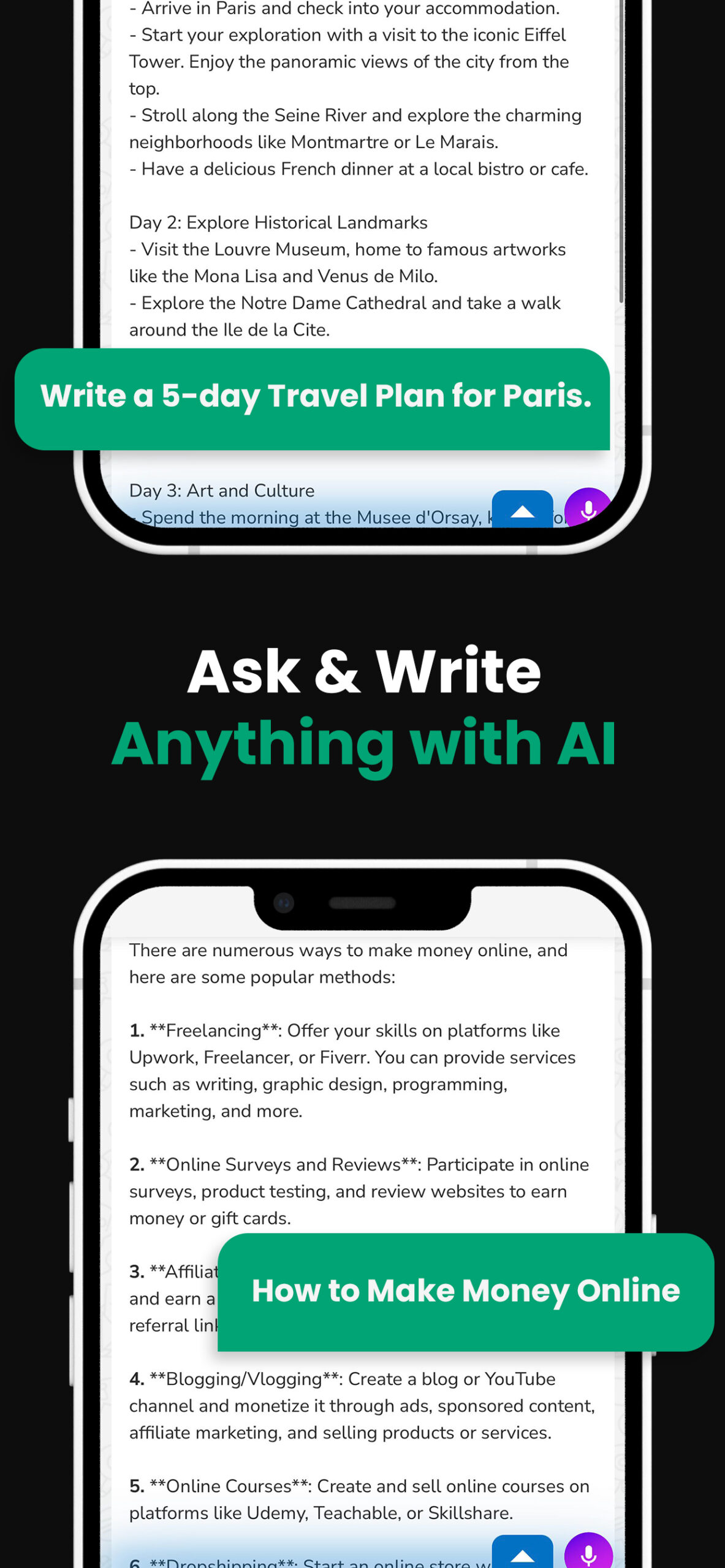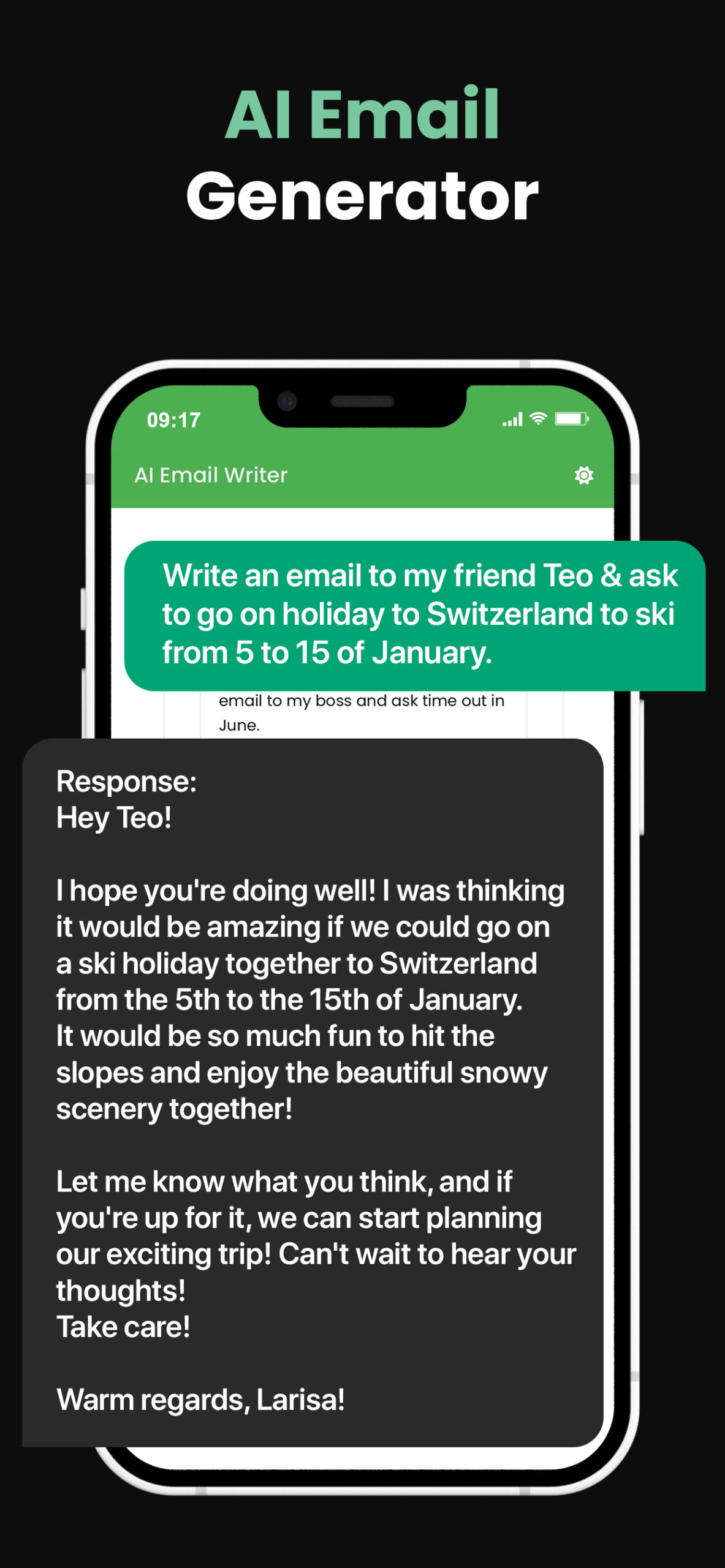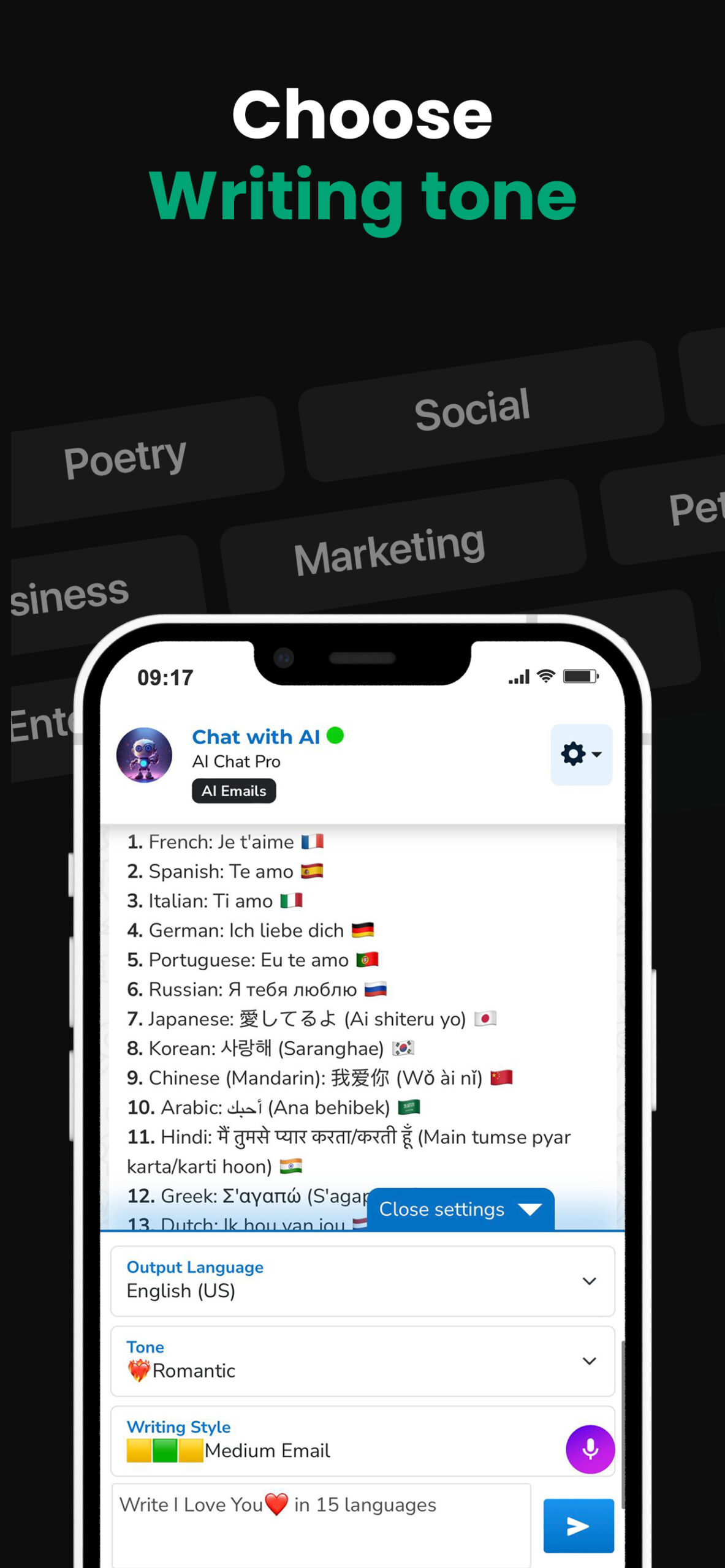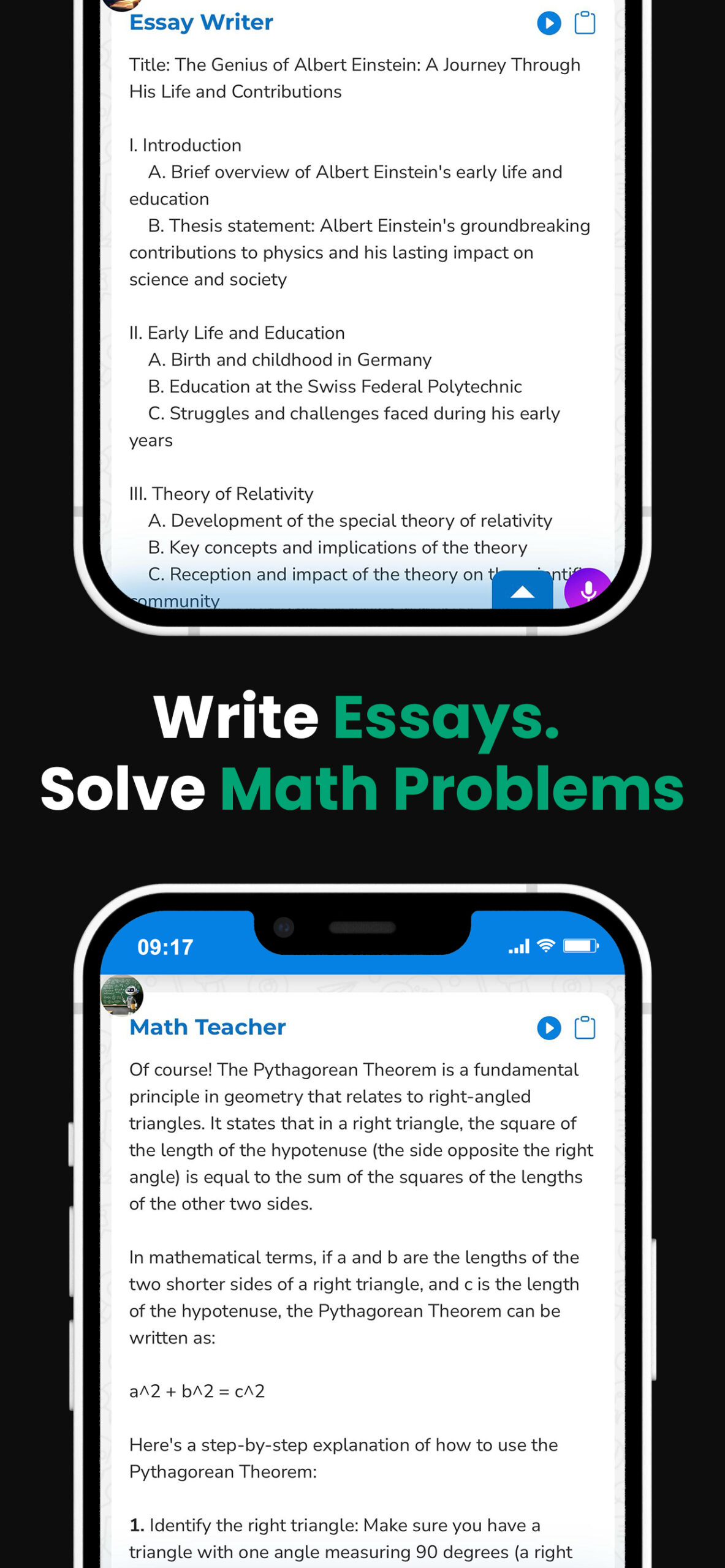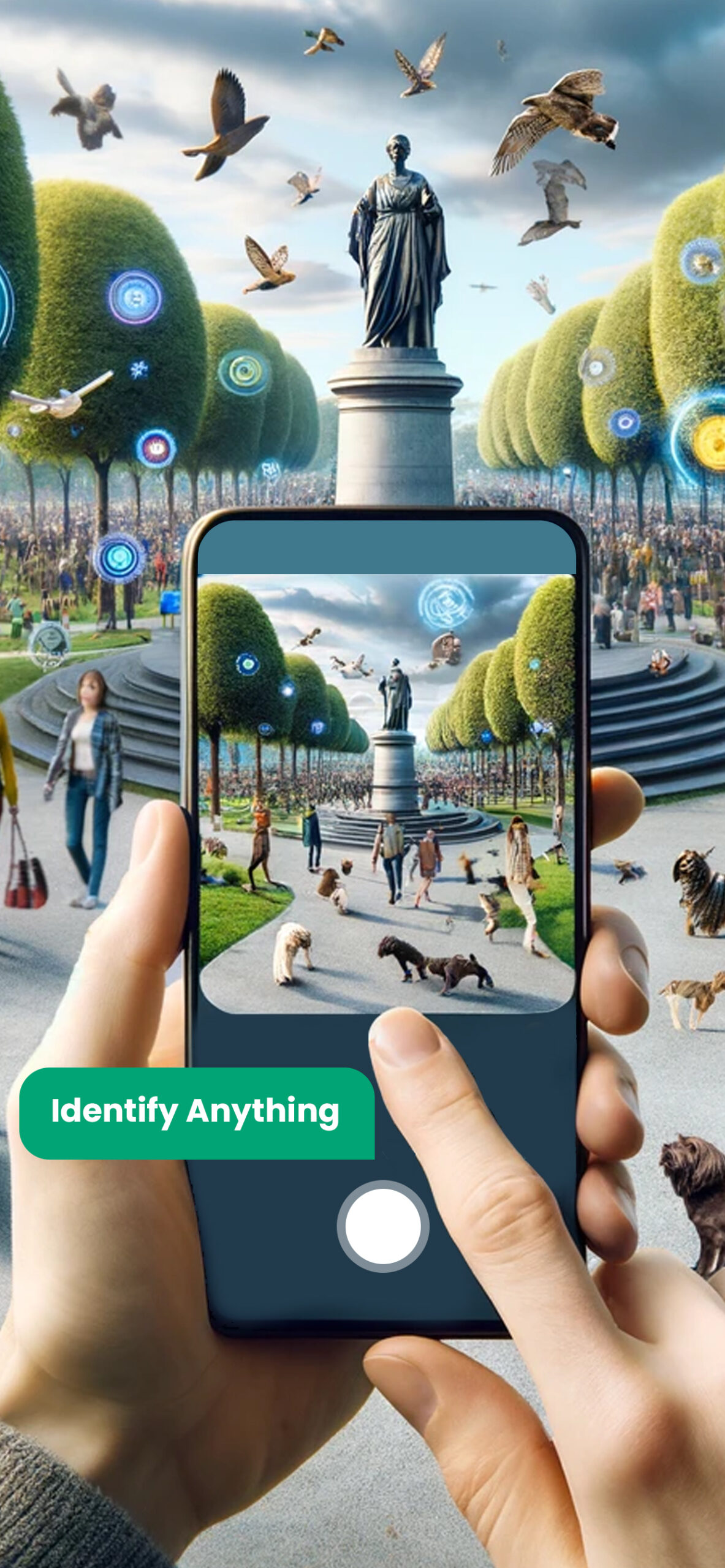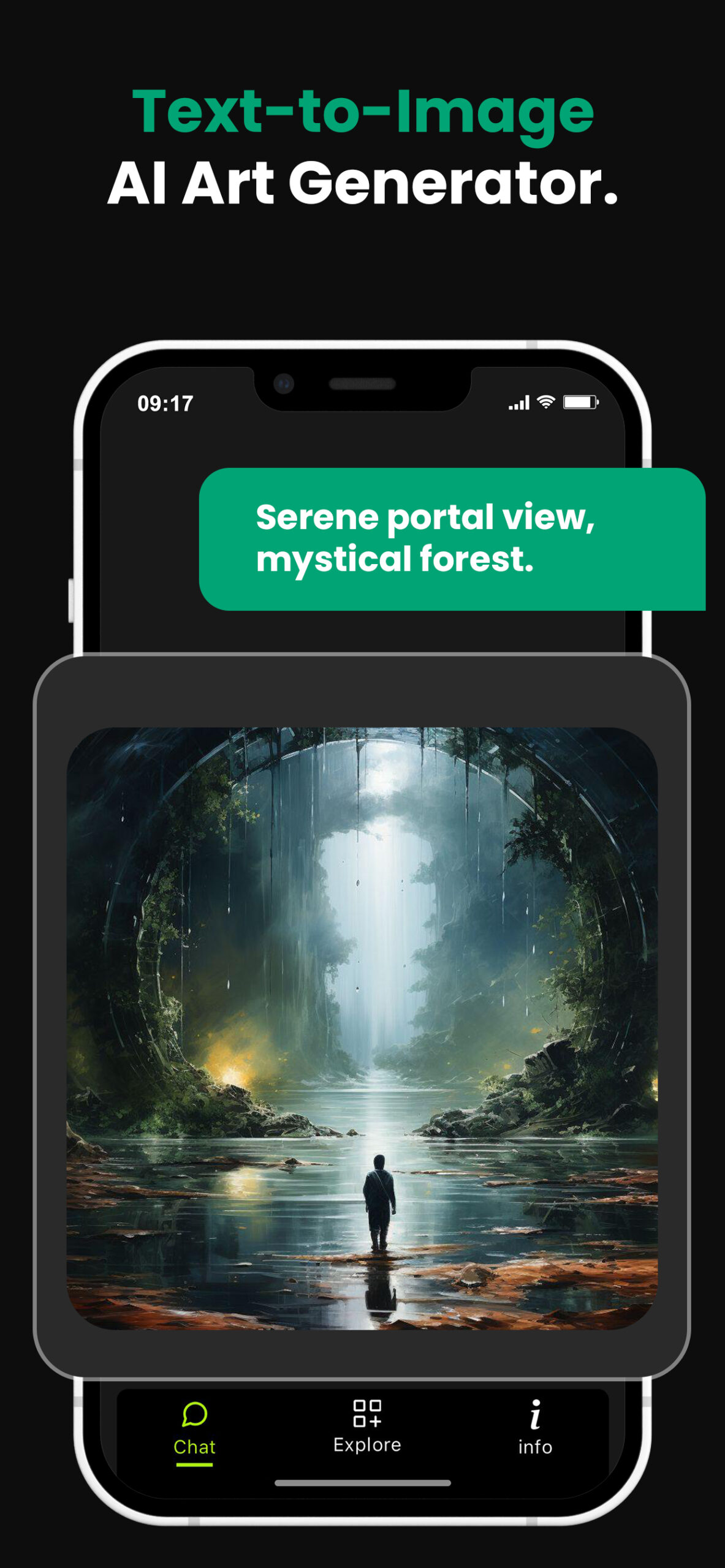Solving the ‘ChatGPT Access Denied’ Issue: Top Insights and Handy Tips
If you’re like me, you’ve probably been intrigued by the rise of AI chatbots, particularly OpenAI’s ChatGPT. It’s a fascinating tool that’s revolutionizing the way we interact online. But what happens when you’re met with a “ChatGPT access denied” message? It can be quite frustrating, to say the least.
You might be wondering why you’re seeing this message and how you can fix it. I’ve been there, too and have some insights to share. This article will explore possible reasons for the denial and ways to regain access to this incredible AI tool. Let’s dive right in, shall we?
PowerBrain AI Chat App powered by ChatGPT & GPT-4
Download iOS: AI Chat
Download Android: AI Chat
Read more on our post about ChatGPT Apps & AI Chat App
Key Takeaways
- “ChatGPT Access Denied” is a common issue faced by users of OpenAI’s ChatGPT, which can occur due to exceeding the allocated usage quota, internal server errors, violation of the terms of service, or issues with API keys and payments.
- OpenAI caps daily requests at 20 and requests per minute at 60 to avoid overwhelming the system. Exceeding these limits can lead to the “Access Denied” warning and a timeout period.
- Rigorous ethical guidelines back ChatGPT. Disobedience to these rules, such as engaging in harmful or unethical activities, could restrict access.
- Troubleshooting steps to recover from an “Access Denied” message include checking your computational resource usage, reviewing the terms of service, resolving any server-side issues and rectifying API keys and payment errors.
- For persistent issues, OpenAI provides a robust customer support network. Visit the OpenAI Support Page and submit a ticket detailing your problem for further assistance.
- Enhance your ChatGPT experience by keeping your software up to date, familiarizing yourself with the interface, conducting regular system checks, and seeking help from the ChatGPT community when necessary.
Understanding “ChatGPT Access Denied”

As a seasoned expert on AI tools, I’ll give you an inside tour into why you might be facing a frustrating “Access Denied” message while trying to use OpenAI’s popular chatbot: ChatGPT.
User access issues are common with AI tools, and in the case of ChatGPT, it’s no different. This tool takes millions of bytes of processing capability. It’s handling the processing demand from one end, and managing user interactions on the other. These involved procedures sometimes can pose a strain on the system and lead to an interruption in user access.
One of the most common reasons for ChatGPT denying access is due to overuse or exceeding the allocated quota. Because ChatGPT is highly popular, there are usage limits in place to ensure that the system does not get overwhelmed.
Let’s take a look at a simplified table about ChatGPT usage:
| Property | Limit |
|---|---|
| Daily requests | 20 |
| Requests per minute | 60 |
If the daily limits are exceeded, there’s bound to be an “access denied” message on your screen along with a timeout period.
Another possible reason for the message can be an internal server error at OpenAI. While these are rare, when they do occur, it might temporarily prevent users from accessing the service.
Finally, one might find themselves denied access if OpenAI has deemed their usage to be in violation of the terms of service. The company is serious about ethical AI use and it’s important to remember to respect this.
Understanding these reasons is the first step to troubleshooting and getting back to experiencing the benefits of ChatGPT. After all, knowledge is power.
Reasons Behind the Access Denial
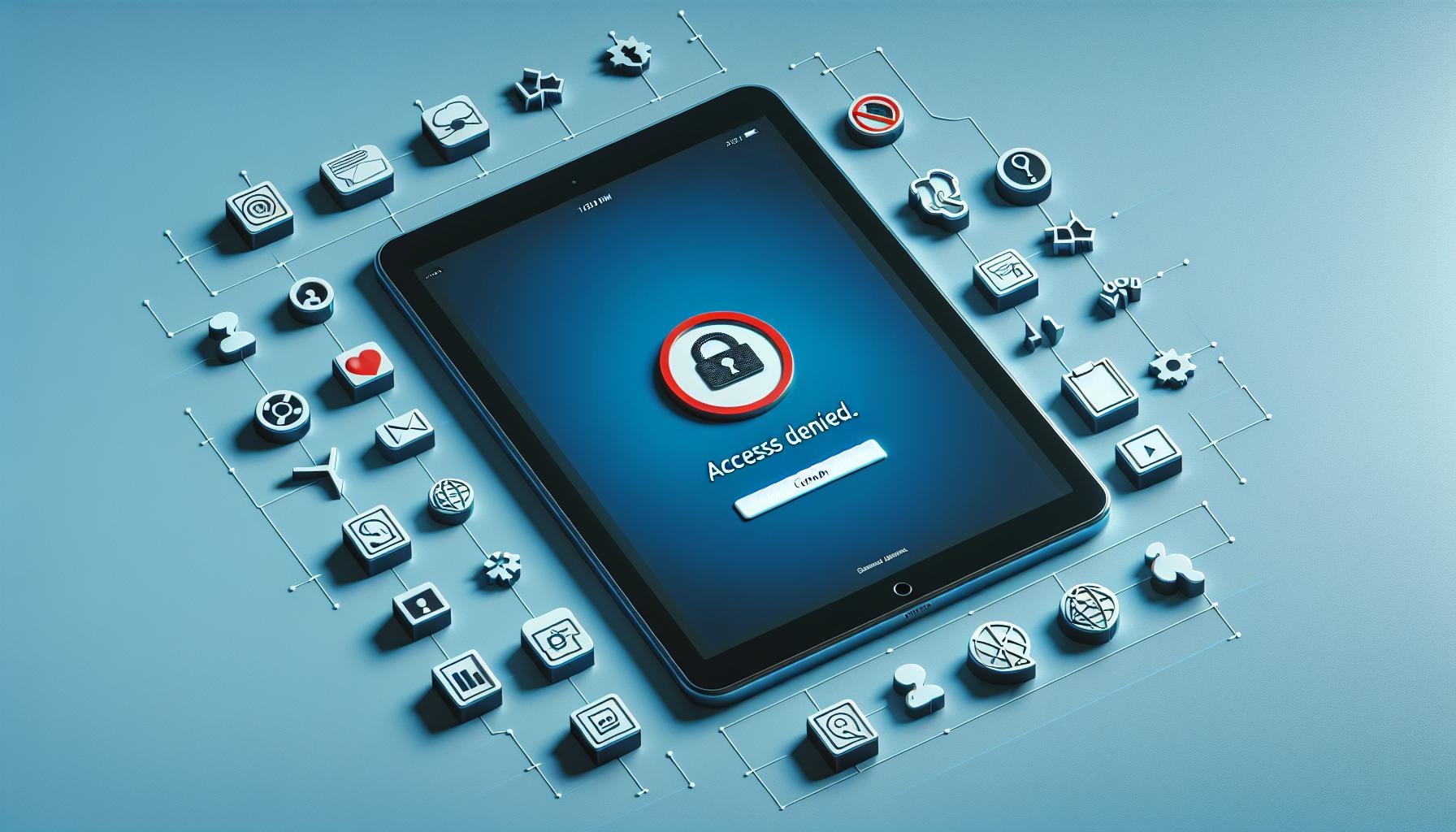
When we’re talking about an “Access Denied” message using OpenAI’s ChatGPT, this doesn’t just pop up without a cause. When things go wrong, it’s usually due to a handful of common culprits. Identifying these reasons upfront can help users better understand what’s happening and chart a path back to functioning AI conversation.
Overuse is one significant factor leading to access denial. It’s no secret that AI systems require computational resources, and these are not limitless. OpenAI has usage limits in place to ensure fair distribution amongst all users. Surpass these limits and you might find yourself staring at an “Access Denied” message.
A disobedience to rules can also cause this hiccup. Violations of OpenAI’s terms of service, like using the AI for harmful or unethical activities, can trigger the denial of access. OpenAI maintains stringent measures to prevent abuses, aiming to foster an ecosystem that values ethical AI use.
Something else that can lead to this frustrating message is an internal server error at OpenAI. Servers, like everything else in the tech world, are not fail-safe. They can have their off days, crashing or becoming unusually busy, leading to access denial.
Lastly, errors in API keys or payments can also disrupt access. If you have not provided valid API keys during usage or have pending bills, you’re likely to be denied access. Below is a brief overview of these triggers:
| Reason | Description |
|---|---|
| Overuse | Using more than the allotted computational resources. |
| Terms of service | Violation of OpenAI’s ethical guidelines and regulations. |
| Internal Server Error | Issues on OpenAI’s end, such as high server load or crashes. |
| API & Payment Error | Incorrect API keys or non-payment of dues. |
So to beat the “Access Denied” message, you’ll need to be mindful off these triggers.
Troubleshooting Steps to Regain Access
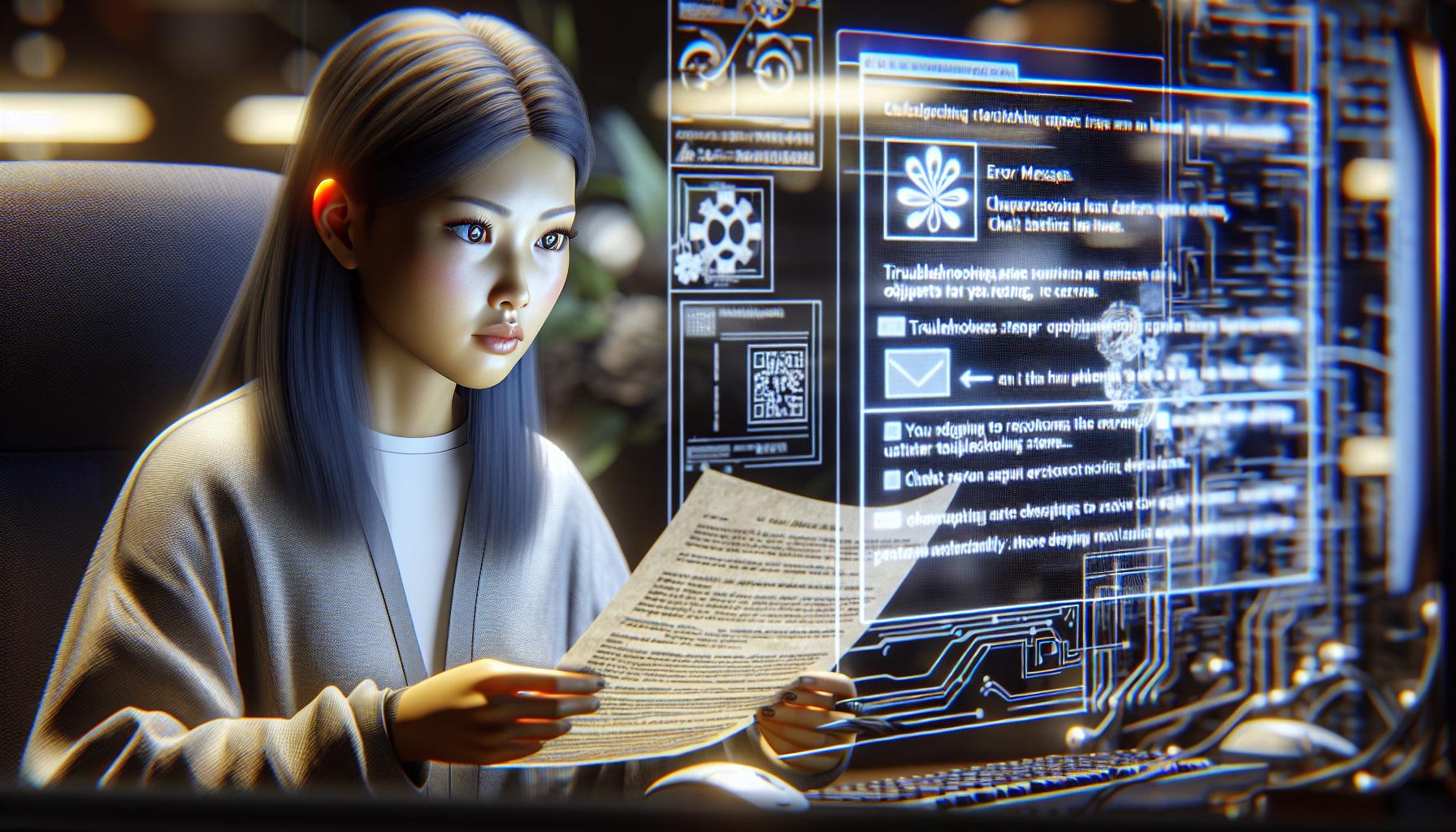
There are a few steps you can take if you’re facing the “ChatGPT access denied” message. Let’s walk through them one by one.
Step 1: Check your computational resource usage
Make sure you haven’t overtaxed OpenAI’s computational resources. These resources are shared among users and excessive use can lead to access restrictions. It’s crucial to be aware of your usage and to limit resource-intensive tasks.
Step 2: Review the Terms of Service
Violations of OpenAI’s Terms of Service can also trigger an “Access Denied” message. As a user, it’s your responsibility to adhere to these terms. Read the user agreement thoroughly to ensure you’re not breaching any rules.
Step 3: Resolve internal server errors
Sometimes, the issue lies on the server side. If you’ve checked everything but you’re still facing access issues, it could be due to an internal server error. Wait for a while before trying again. If the problem persists, reach out to OpenAI’s technical support.
Step 4: Rectify API key & payment issues
Issues with API keys or payments can also restrict access. Ensure that your API key is valid and that there are no complications with your payments.
By troubleshooting these key areas you can solve the “ChatGPT access denied” issue at your end. Remember, AI models like ChatGPT work best when we respect their bounds and use them in line with ethical guidelines. Sooner or later, you will navigate back to successful AI interactions.
Contacting Support for Further Assistance
When all else fails and you’re still grappling with an “Access Denied” message, it’s time to reach out for some reinforcements.
OpenAI offers a robust network of customer support personnel ready to assist users in overcoming potential hurdles. They’re well-acquainted with the typical issues users face while engaging with ChatGPT. With their deep knowledge of the platform’s systems, they’re adept at diagnosing the problems and can provide recommendations on how to troubleshoot them.
To set the ball rolling, visit the OpenAI Support Page and submit a ticket detailing your problem. Try to be as precise as possible about the issue you’re experiencing. Not only will it hasten the resolution process, but being specific also helps the support team understand your problem more efficiently.
In your support ticket, make sure to include the following critical points:
- A brief explanation of the issue.
- The message or error code displayed, if any.
- The steps you’ve taken to resolve it so far.
Moreover, it’s essential to know that OpenAI’s response time can vary, and while the team is always striving to respond as quickly as possible, sometimes resolving your issue might require a bit more time due to its complexity or other factors.
Stay patient and cooperative while the support team is assisting you. Remember, they are there to help and to ensure that you can enjoy a smooth interaction with ChatGPT. It’s of utmost importance to adhere to their guidance and instructions for the best possible outcome.
Finally, do keep an open line of communication with the support team until your issue is entirely resolved. You may need to answer questions or provide additional details as the troubleshooting process advances.
Tips to Enhance ChatGPT Experience
In my years of using and exploring AI applications, I’ve collected a handful of tips that can enhance your ChatGPT experience, eliminate errors, and optimize system interactions.
Stay Updated: One crucial rule for any technology – always keep your software up to date. ChatGPT is no different! OpenAI consistently rolls out updates to improve performance, patch bugs, and bring in refreshing features. Missing out on these enhancements could leave you prone to errors and glitches like the pesky “Access Denied” message.
Familiarize With the Interface: The more you understand about ChatGPT’s interface, the smoother your experience will be. Familiarize yourself with the various functionalities and settings. This understanding not only reduces error occurrence but also equips you to troubleshoot if something goes wrong.
Regular System Checks: Perform periodic checks on your system, verifying the internet connection, system compatibility, and application requirements. A regular review can prevent unforeseen issues from cropping up and affecting your ChatGPT use.
Tap into Community Help: If you’re facing persistent issues, don’t hesitate to take advantage of the thriving ChatGPT community. Forums and discussion threads are full of users sharing their insights, experiences, and solutions.
Following these simple yet effective tips could lead to an optimized, seamless ChatGPT experience. Stay alert, stay updated, and don’t forget – the OpenAI Support team is always ready to help when you hit a hurdle.
Conclusion
So there you have it. Staying updated with software patches can keep those pesky “Access Denied” messages at bay. It’s all about knowing your way around ChatGPT and conducting regular system checks. And remember, the ChatGPT community is always there for you, ready to lend a hand when you need it. With these tips, you’re set to enjoy a smoother, more rewarding ChatGPT experience. And as always, OpenAI’s support team is just a click away, ready to assist. Keep exploring, keep learning, and let’s make the most of ChatGPT.
Frequently Asked Questions
Q1: How can I enhance my ChatGPT experience?
You can enhance your ChatGPT experience by staying updated with the latest software releases to prevent errors like the “Access Denied” message. Make sure to get familiar with the interface and carry out system checks regularly.
Q2: What should I do if I’m getting an “Access Denied” error?
To avoid getting an “Access Denied” message, ensure you have the latest software updates installed. If the error persists, consider reaching out to the OpenAI’s support team for further assistance.
Q3: What resources can I use for troubleshooting?
The ChatGPT community, along with OpenAI’s support team, can be of great help when troubleshooting. You’re encouraged to seek assistance from these resources whenever necessary.
Q4: What’s the importance of understanding the ChatGPT interface?
Understanding the ChatGPT interface allows you to operate the AI effectively and efficiently. It eliminates any confusion, making your user-experience smooth and enjoyable.
Q5: How can system checks improve my user experience?
Regular system checks help identify any technical glitches that might affect your user experience. Such proactive measures ensure that the AI runs efficiently, leading to a seamless interaction with ChatGPT.







